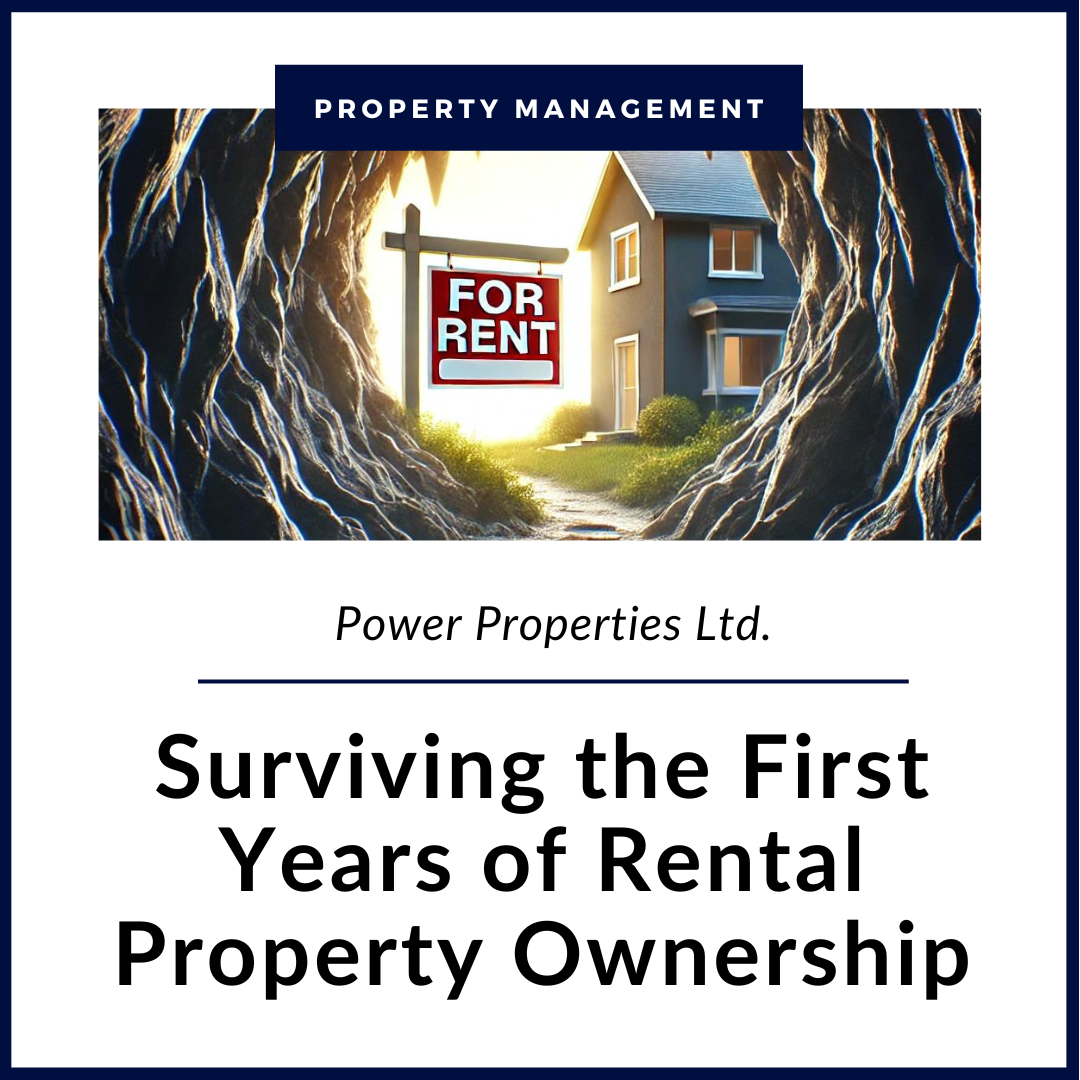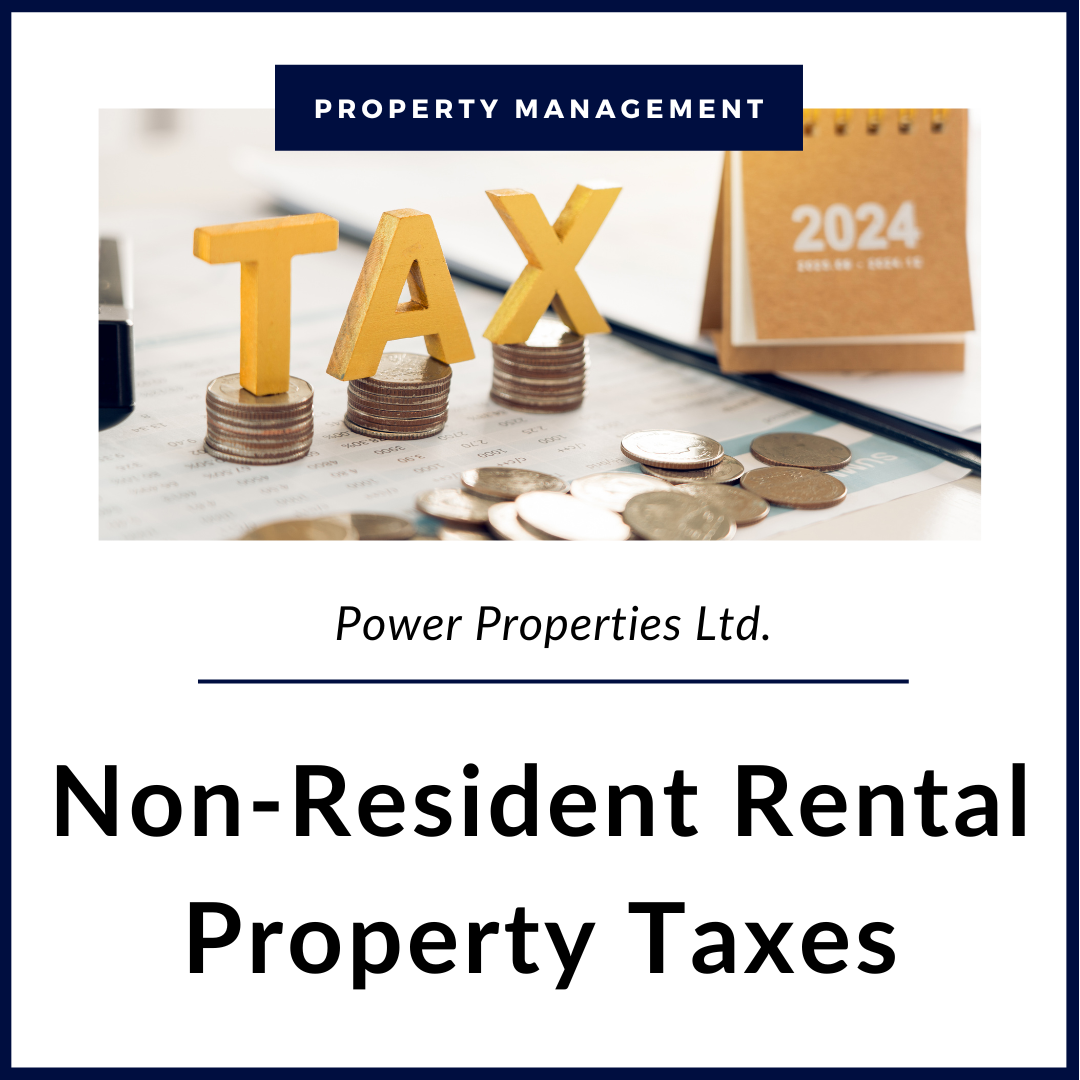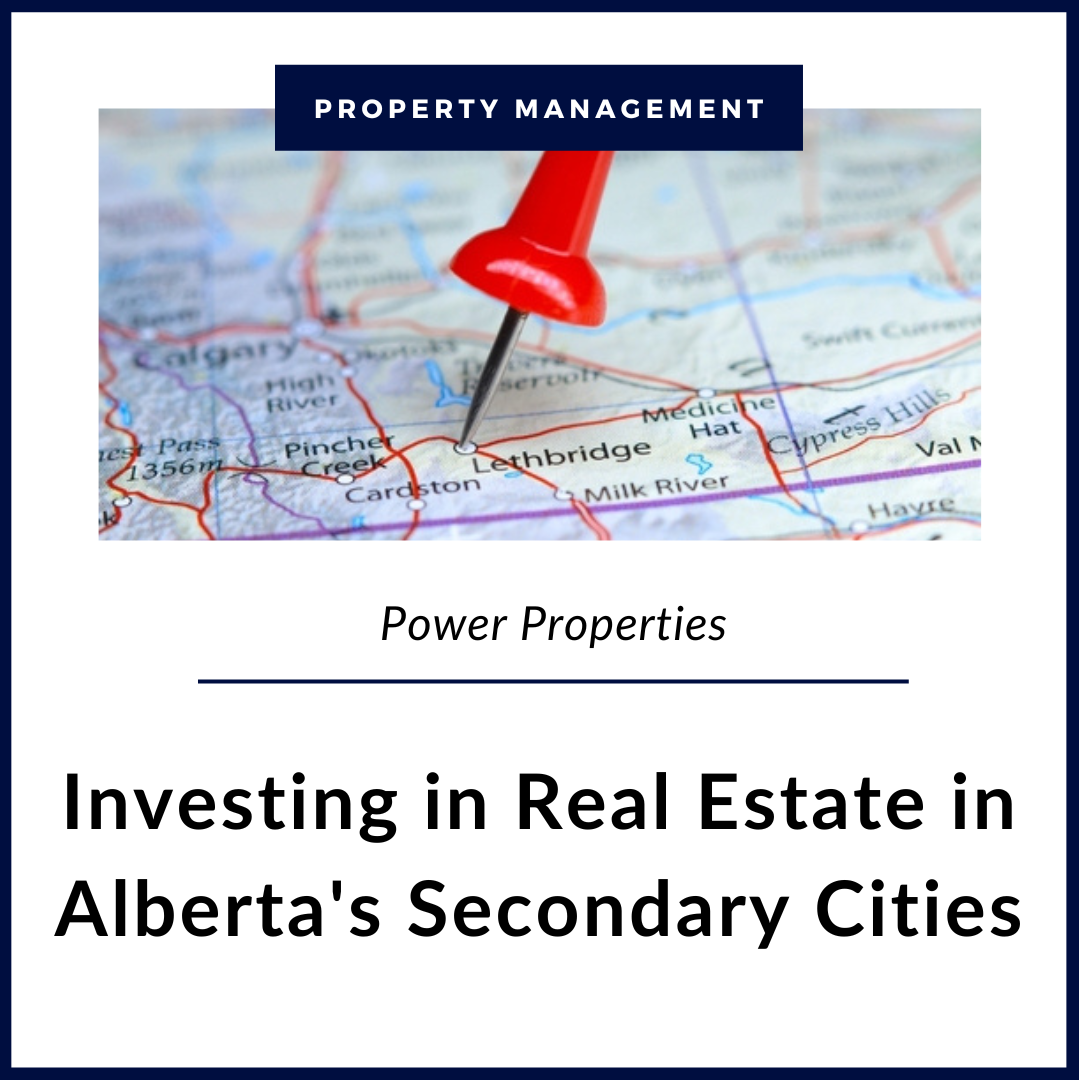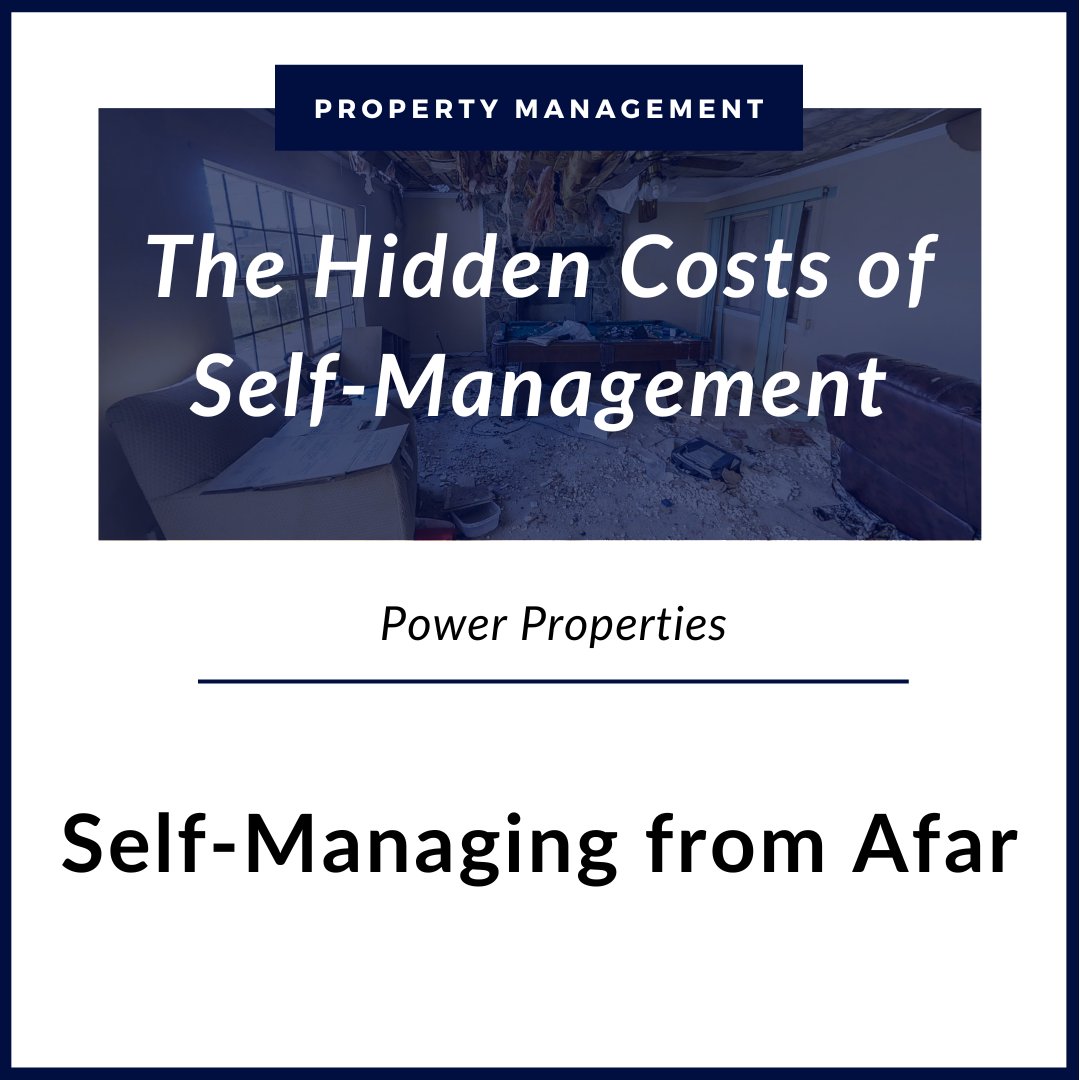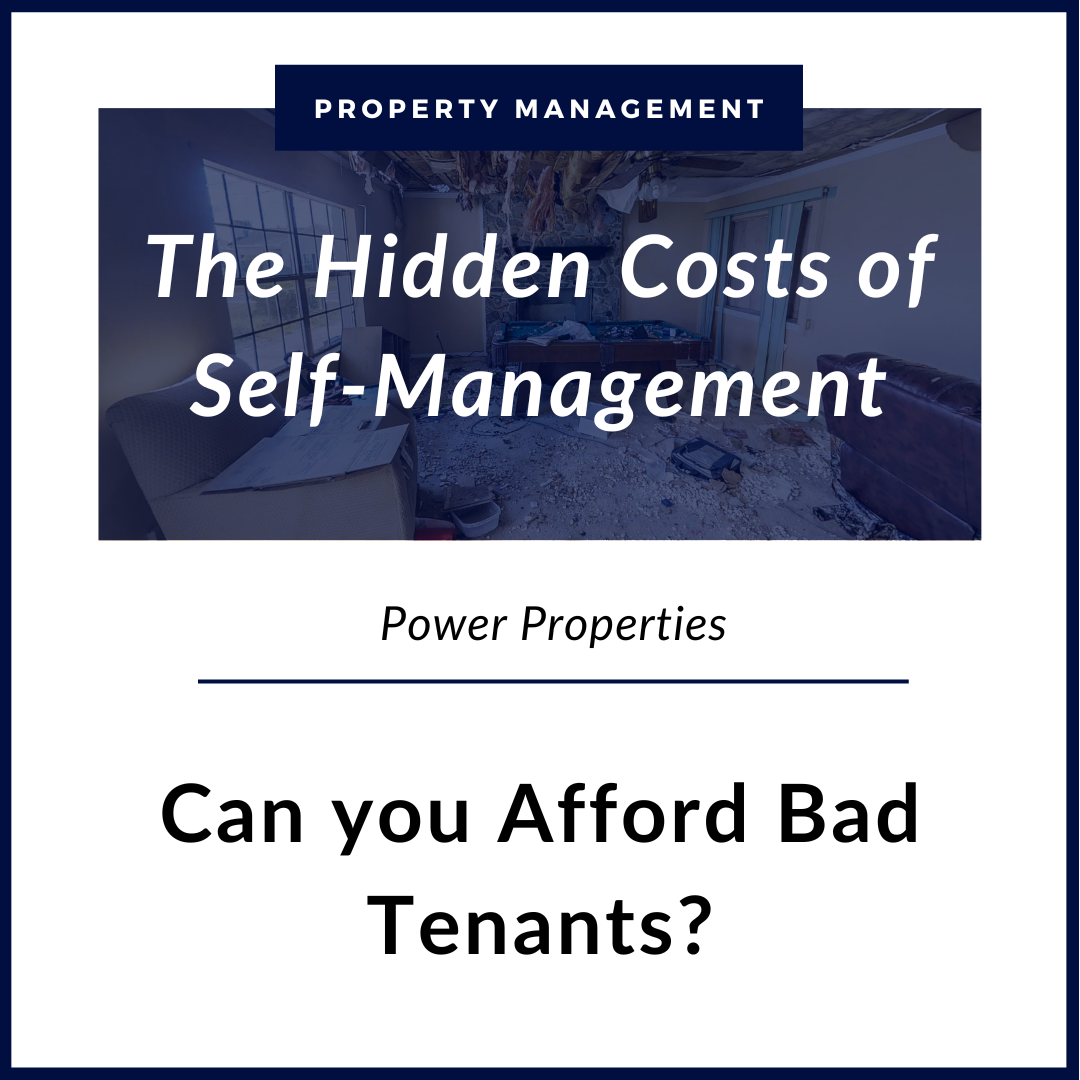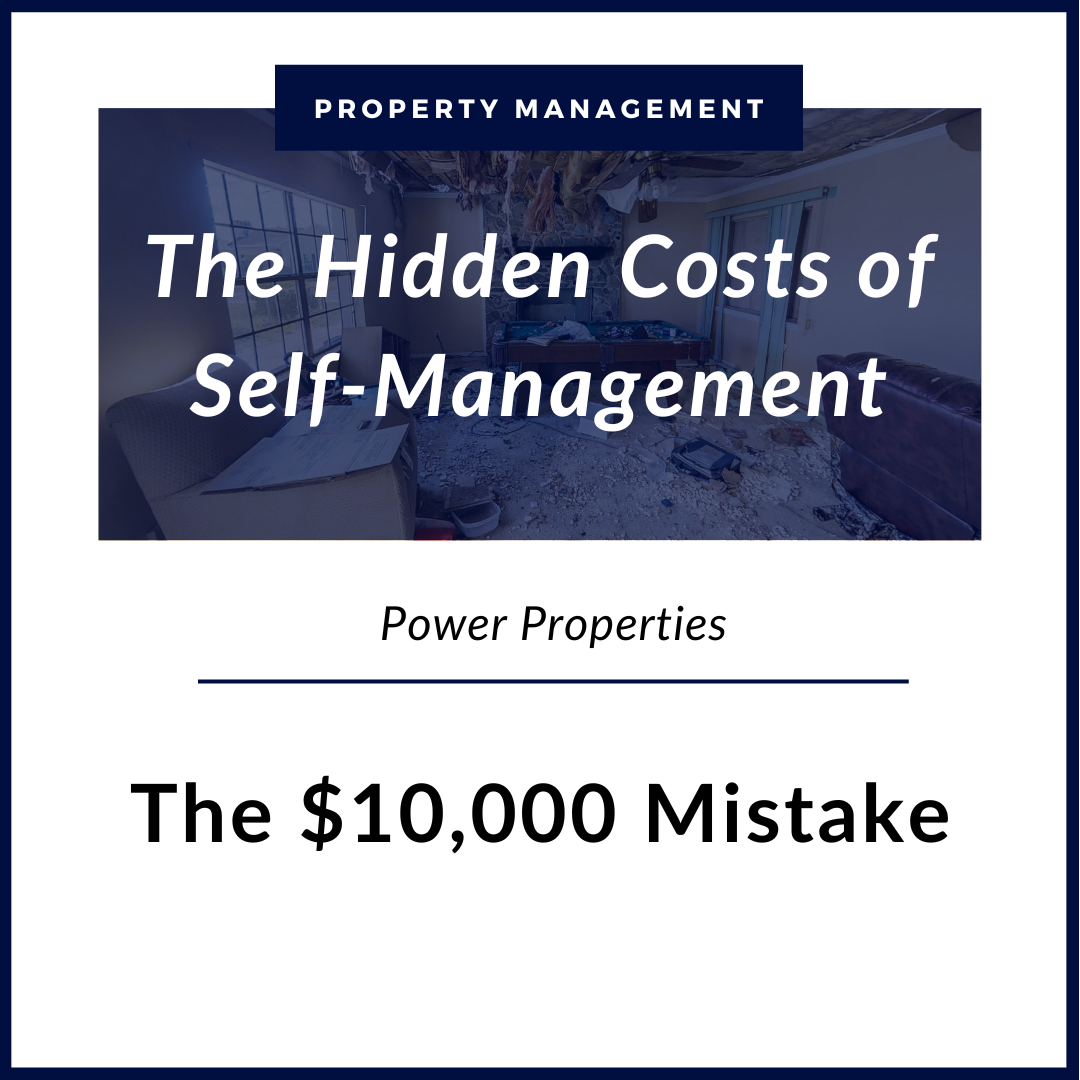Calgary’s Real Estate Market in the Long Term
Nov. 1, 2020 - Written by Jamie Palmer
While the realist and the optimist argued about whether the glass was half empty or half full, the opportunist drank the water. I am frequently asked by clients “what do I think the long term prospects for Calgary’s Real Estate Market are?”
In the short term, two-to-three years, Calgary is in for a rough ride. There is no avoiding it, our downtown commercial office space has a 25-30% vacancy rate. There are continued layoffs in the oil and gas sector, most recently the merger between Cenovus and Husky is expected to result in a 25% reduction in their workforce, adding to Calgary’s 12.6% unemployment rate. World wide demand for oil is expected to remain below normal due to the pandemic. Gathering and travel restrictions are putting extreme pressure on the hospitality and tourism industries. We have a federal government that if not openly hostile to our primary industry, is at least not supportive of it. And finally, we are at the end of the mortgage deferrals offered by most major banks. The above will make a housing recovery in the short term unlikely for the following reasons: 1) when facing financial uncertainty people do not make major purchases like houses. 2) One in five mortgages was deferred in Alberta, a significant proportion of those will likely not be able to resume making payments and will fall into foreclosure. 3) The pandemic has caused people to use up personal savings and this combined with high unemployment/underemployment makes it difficult for buyers to qualify for mortgages.
But what happens four to five years from now? Can Calgary bounce back? Are we destined to be the next Detroit, a failed one industry city with a hollowed out downtown, or are we the next Boulder Colorado, a destination city with a diversified economy where people come to live for the exceptional and affordable quality of life?
I would argue the latter. Calgary consistently ranks among the top places in the world to live, we have a young well educated population, we are a key logistics hub, and we are among the most affordable places to live in Canada in terms of percentage of income required to own a house (35% compared to Toronto 64.5% and Vancouver 74.7%).
With some of the lowest income and corporate tax rates in Canada, a well educated workforce, and thanks to the above mentioned commercial vacancy rate, Calgary is an attractive place for businesses to set-up shop. As a result, in spite of the pandemic, there have been several recent announcements of technology companies investing in Calgary, Suncor is relocating the head office of Petro Canada to Calgary, many of Calgary’s biggest oil and gas companies are transitioning to become “energy” companies as they shift capital to investments in wind and solar power, and there is a surge in demand for natural gas (as more wind and solar projects are built, you need natural gas plants to provide back-up power for when there is no wind/sun). None of the above are in the near-term, these investments likely won’t bear fruit for several years, but they are laying the foundation for what will be a significant recovery for Calgary.
So in the next two to three years with house prices depressed, a continued demand for rental properties, and record low interest rates there lies a lot of opportunity to accumulate real estate. Will you sit and debate how good or bad things might get, or will you take this opportunity and drink the glass of water?
Written By
Jamie Palmer
President/Broker of Power Properties Ltd.
Jamie Palmer is the President and Broker of Power Properties. He holds a Certified Property Manager (CPM®) designation, the highest designation in Property Management in North America. He earned an Honors degree from the University of Toronto, and he has over two decades of experience in property management.
Power Properties was established in 1980, and is a member of the Canadian Real Estate Association, the Real Estate Institute of Canada, and the Calgary Residential Rental Association. They currently manage over a quarter billion dollars in residential real estate and collect over one million dollars in rent each month.





